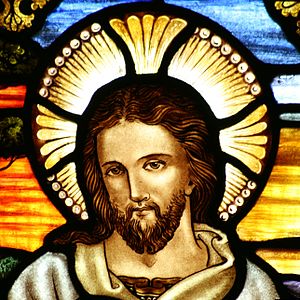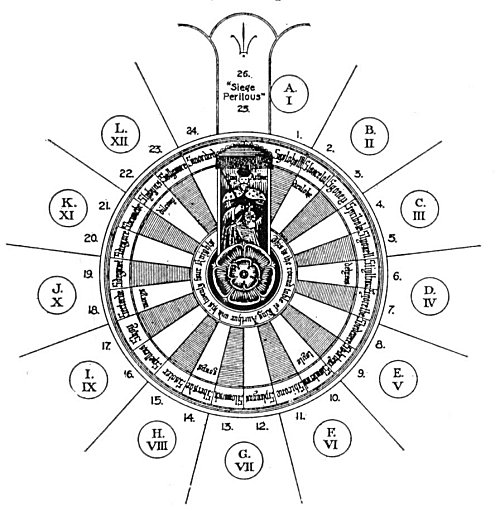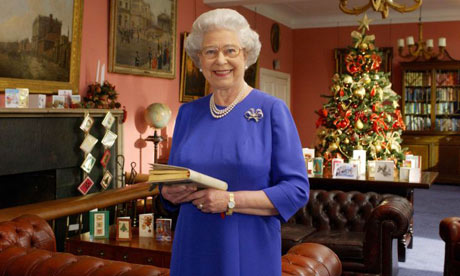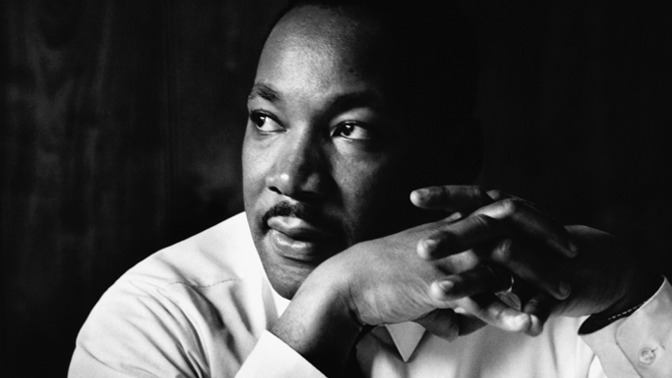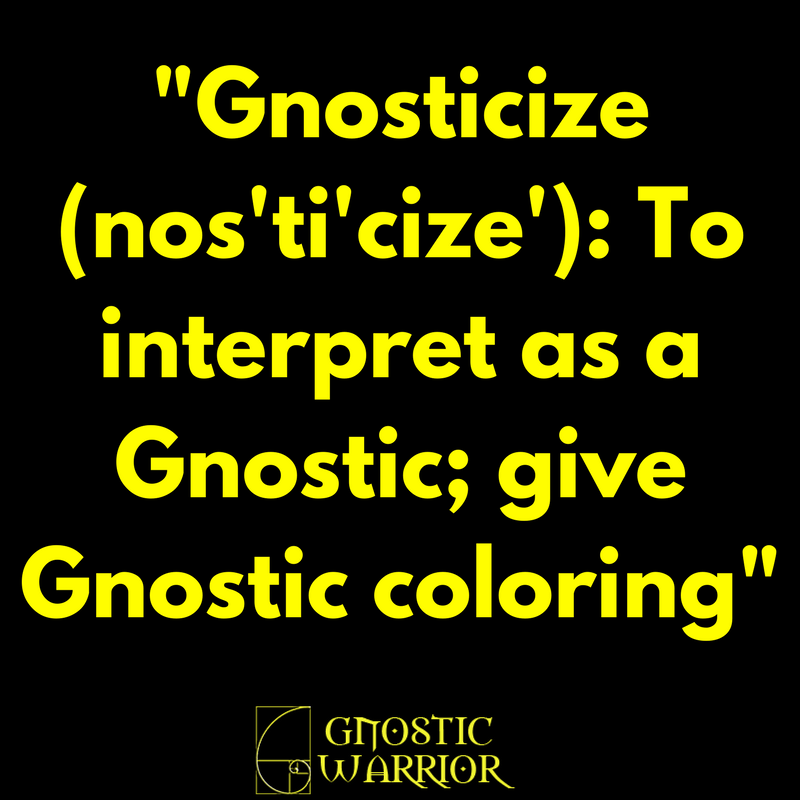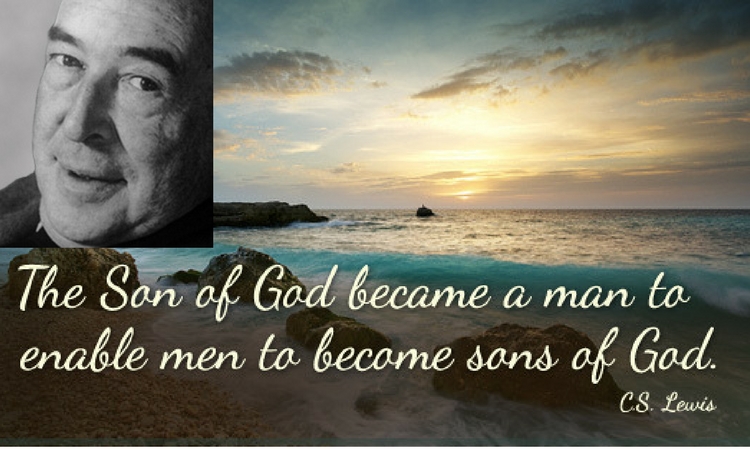
The following words are from British author and philosopher, C.S. Lewis (Clive Staples Lewis). Like me, Lewis was baptized into the faith as a young child but later fell away from the Church in his adolescence and young adult years to become an atheist (agnostic).
At age seventeen, Lewis wrote to longtime friend Arthur Greeves, “I believe in no religion. There is absolutely no proof for any of them, and from a philosophical standpoint Christianity is not even the best.”
Fifteen years later, Lewis wrote to Arthur, “Christianity is God expressing Himself through what we ‘call real things’. . . namely, the actual incarnation, crucifixion and resurrection” (p. 11).(1) At age 32, he would return to Christianity after what he said that he got on a bus one day in Oxford as an atheist, and got off the bus as a believer in God. He was later known as “The Most Reluctant Convert.”
The following words are taken from Mere Christianity by C. S. Lewis:
“Reality, in fact, is usually something you could not have guessed. That is one of the reasons I believe Christianity. It is a religion you could not have guessed. If it offered us just the kind of universe we had always expected, I should feel we were making it up. But, in fact, it is not the sort of thing anyone would have made up. It has just that queer twist about it that real things have.
So let us leave behind all these boys’ philosophies—these over-simple answers. The problem is not simple and the answer is not going to be simpler either.
What is the problem? A universe that contains much that is obviously bad and apparently meaningless, but containing creatures like ourselves who know that it is bad and meaningless. There are only two views that face all the facts. One is the Christian view that this is a good world that has gone wrong, but still retains the memory of what it ought to have been.
The other is the view called Dualism. Dualism means the belief that there are two equal and independent powers at the back of everything, one of them good and the other bad, and that this universe is the battlefield in which they fight out an endless war. I personally think that next to Christianity Dualism is the manliest and most sensible creed on the market. But it has a catch in it.
The two powers, or spirits, or gods—the good one and the bad one—are supposed to be quite independent. They both existed from all eternity. Neither of them made the other, neither of them has any more right than the other to call itself God. Each presumably thinks it is good and thinks the other bad. One of them likes hatred and cruelty, the other likes love and mercy, and each backs its own view. Now what do we mean when we call one of them the Good Power and the other the Bad Power?
Either we are merely saying that we happen to prefer the one to the other—like preferring beer to cider—or else we are saying that, whatever the two powers think about it, and whichever we humans, at the moment, happen to like, one of them is actually wrong, actually mistaken, in regarding itself as good.
Now if we mean merely that we happen to prefer the first, then we must give up talking about good and evil at all. For good means what you ought to prefer quite regardless of what you happen to like at any given moment. If “being good” meant simply joining the side you happened to fancy, for no real reason, then good would not deserve to be called good.
So we must mean that one of the two powers is actually wrong and the other actually right.
But the moment you say that, you are putting into the universe a third thing in addition to the two Powers: some law or standard or rule of good which one of the powers conforms to and the other fails to conform to. But since the two powers are judged by this standard, then this standard, or the Being who made this standard, is farther back and higher up than either of them, and He will be the real God.
In fact, what we meant by calling them good and bad turns out to be that one of them is in a right relation to the real ultimate God and the other in a wrong relation to Him.”
SOURCES:
1. Knowing & Doing (Winter 2002) A book review by Art Lindsley
2. C. S. Lewis, Mere Christianity

Moe is the founder of GnosticWarrior.com. He is a father, husband, author, martial arts black belt, and an expert in Gnosticism, the occult, and esotericism.

